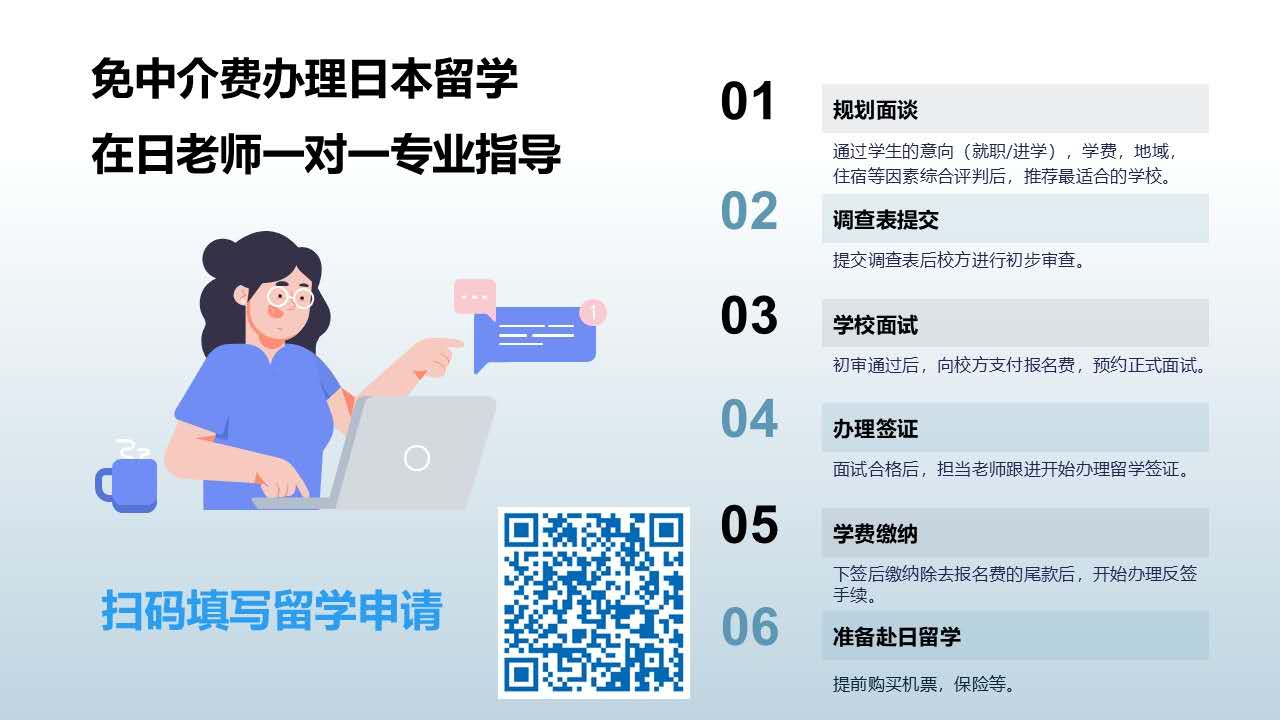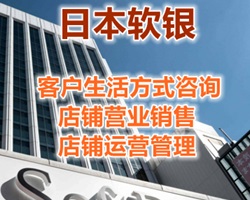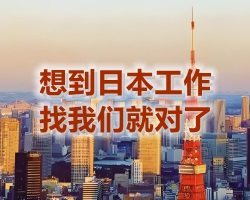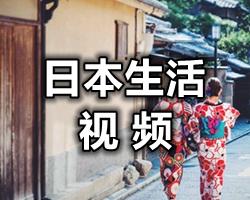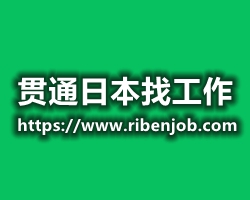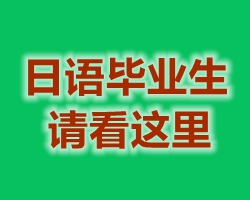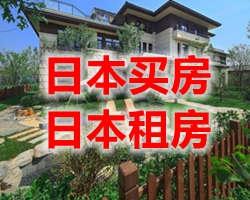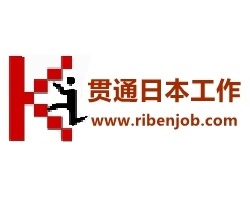中国石化新闻网讯 据路透社东京报道,周一,世界最大的液化天然气(LNG)买家,日本合资企业JERA正式收购了两家股东所拥有的发电站,成为一家主要的发电企业。 这一举措得到了JERA发言人的证实,支持者们认为这一举措应该能降低成本,提高效率。这是2011年福岛海啸和核灾难暴露了日本电网结构的弱点后,日本电力产业大规模重组的一部分。 东京电力公司(日本最大公用事业公司)和中部电力(日本第三大公用事业公司)合资的企业JERA此前曾为这两家股东进行燃料采购。 目前,它已经接管了他们的化石燃料发电站,使其拥有68千兆瓦的国内天然气和燃煤发电能力,几乎占全国发电量的一半,以及9千兆瓦的海外发电能力。 东京电力和中部电力将继续分别持有其输电网和零售业务,这两家公司都拥有核电站,但目前已经关闭。 福岛核泄漏后,日本政府通过允许新进入者进入、鼓励可再生能源和支持电力市场交易,在高度区域化的1300亿美元电力市场上进行了更多的竞争。 拥有4万亿日元(360亿美元)资产的JERA将控制发电供应链的各个方面,包括液化天然气项目、船舶和国际燃料交易业务的股份。 该公司还计划到2020年中期在东京建造世界上最大的氢电站之一,供应燃料电池汽车和燃料电池巴士。 整合化石燃料工厂是JERA三步骤计划的最后一步,目前该公司每年购买约3500万吨液化天然气,同时还为股东处理上游能源资产和海外发电。 詹晓晶摘自路透社 原文如下: Japan's JERA becomes energy behemoth with power station business Japan’s JERA joint venture, the world’s biggest buyer of liquefied natural gas (LNG), became a major electricity generator on Monday with the formal takeover of power stations owned by its two shareholders. The move, which was confirmed by a JERA spokesman and that proponents say should cut costs and boost efficiencies, is part of a broad restructure of Japan’s power industry in the wake of the 2011 Fukushima tsunami and nuclear disaster that exposed weaknesses in the structure of the country’s grid. JERA, which is owned by Tokyo Electric Power and Chubu Electric Power, had earlier taken on fuel procurement for its two shareholders, Japan’s biggest and third-biggest utilities. It has now assumed control of their fossil fuel power stations, giving it 68 gigawatts (GW) of mostly gas and coal-fired power generation capacity domestically, nearly half the country’s power generation, as well as 9 GW overseas. Tepco and Chubu will continue to hold separately their transmission grids and retail businesses. Both companies also own nuclear power stations, but they are currently shutdown. Japan’s government forced through more competition in the country’s highly regionalized $130 billion power market in the wake of the Fukushima meltdowns by allowing new entrants, encouraging renewables and supporting market trading of power. JERA, with assets of 4 trillion yen ($36 billion), will control all aspects of the supply chain for power generation, including stakes in LNG projects, ships and an international fuel trading operation. It also plans to build one of the world’s biggest hydrogen stations in Tokyo by mid-2020, supplying fuel cell vehicles and fuel cell buses. The integration of the fossil fuel plants is the last of a three-step plan for JERA, which currently buys about 35 million tonnes of LNG annually, and also handles upstream energy assets and overseas power generation for its shareholders. |
世界最大LNG买家日本JERA收购发电厂
新闻录入:贯通日本语 责任编辑:贯通日本语
相关文章
日本前幼儿园职员涉嫌偷拍男童并贩卖视频被捕 涉案人数逾500人
牛丼连锁“すき家”母公司年营收破1万亿日元 创日本外食业纪录
前佐贺市议因利用高龄女性认知功能下降骗取4145万日元,被判刑6年
日经平均股价一度上涨超过800点,徘徊在38,400点以上
日本千叶外房海岸发生连续冲浪事故,2人不幸遇难
香川老旧天文台举办最后一次观测会 望远镜将移至博物馆展出
日本和牛出口额创新高
日本福岛地方社区再造计划获成效
日本青少年自杀率下降得益于心理健康项目
日本企业女性管理层比例首次突破15%
外国人劳动政策放宽以应对劳动力短缺
日本推出新育儿支援政策应对少子化
鈴木えみ、夫との寝室別スタイルを告白「いびきがすごくて一緒には絶対寝ない」
倖田來未、ロサンゼルスで大胆スリットから美脚披露
武田真治、コスプレで別人級の変身!
ジェジュン、「ビジュアルショックだが、私はイケメンだとは思わない」
IVEユジン、故郷・大田でKリーグのキックオフセレモニーに挑戦
NewJeansダニエル、ファンへの感謝と不屈の決意を綴る長文メッセージ
(G)I-DLE、グループ名を「i-dle」に変更し新たなスタート
日テレ郡司恭子アナ、『ミヤネ屋』で結婚を生報告
本仮屋ユイカ、「名前で負けた」と感じた芸能人を告白
島袋寛子、透明感あふれる最新ショットが話題「白に白を重ねたような白」
川瀬もえ、愛車シビック公開で話題沸騰「渋い」「カッコよすぎ」
国民民主党、参院選候補者選定で「身体検査不足」への懸念が浮上
工藤静香、長女24歳誕生日に色鮮やかなワンプレート料理を披露
